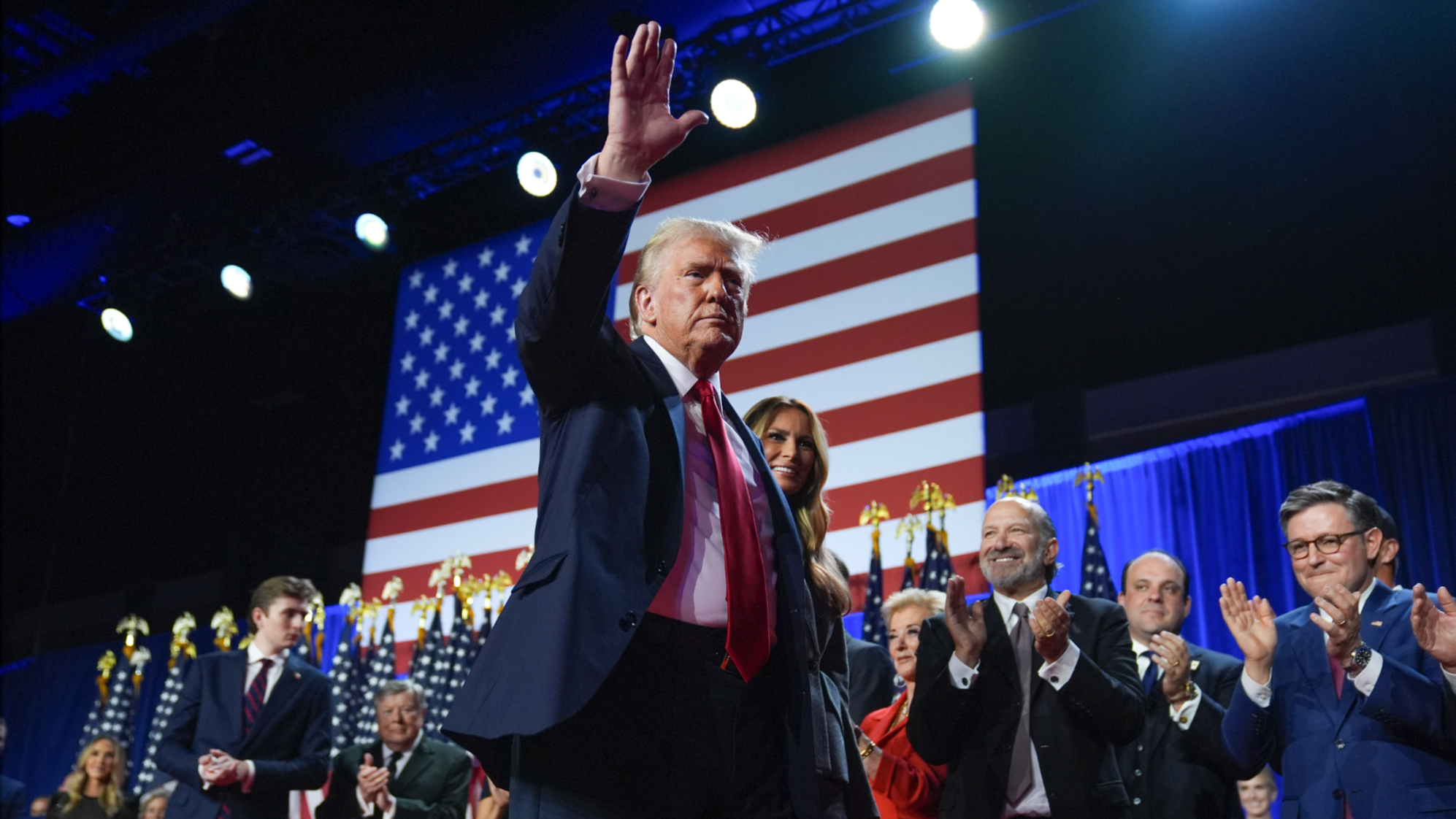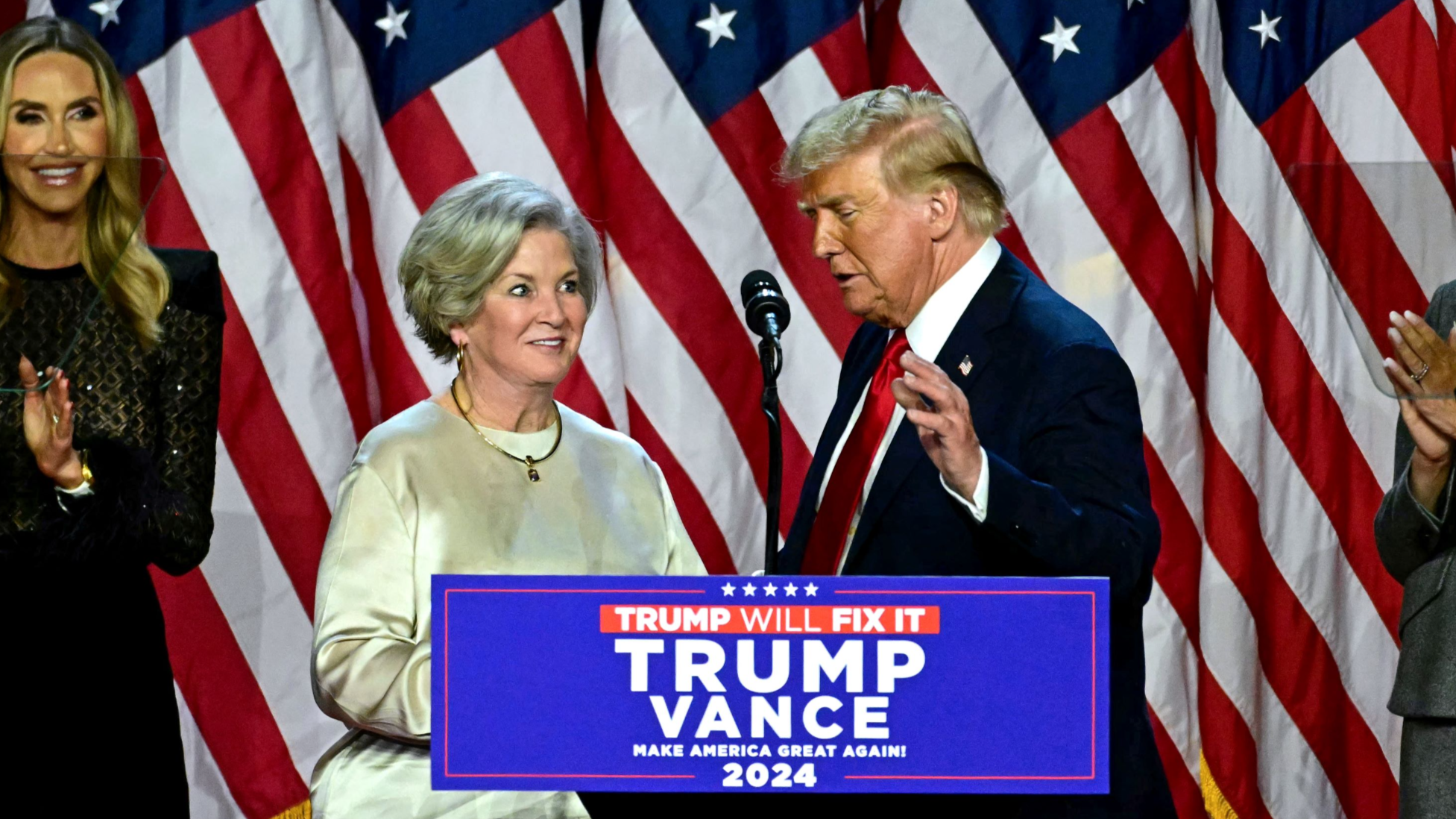
The upcoming return of Donald Trump to the White House will definitely create some ripples on the economies and politics in South Asia and the wider Asia Pacific, experts said.
Salman Bashir, a former Pakistani ambassador to China, noted that Trump’s agenda is domestic revival and reform, and that foreign policy will be tailored to suit American interests.
“As far as South Asia is concerned, he would continue to woo India, more for economic reasons,” he said, adding that Pakistan will not be a strategic priority.
Shakeel Ahmad Ramay, CEO of the Asian Institute of Eco-civilization Research and Development in Pakistan, said that in South Asia, Trump is likely to strengthen relationship with India and try to focus on balancing trade with the nation.
However, he may also look at the China-Pakistan relationship and probably ask Pakistan to do some rethink in regard to the China-Pakistan Economic Corridor (CPEC), the expert added, referring to the flagship project under the China-led Belt and Road Initiative.
But “Pakistan is used to such demands and it is hoped that it will not give much attention to such demands,” the expert said, while expressing worry that “Pakistan may face challenges on the economic front, such as (in regard to) IMF loan”.

Swaran Singh, professor of international relations at Jawaharlal Nehru University (JNU) in New Delhi, said Trump’s return to the White House will see US become reluctant to commit forces in faraway conflicts, while seeking greater reciprocity in a transactional foreign policy marked by “deal making”.
While continuing to engage a flamboyant and self-righteous Trump, nations in South and Southeast Asia will in the next four years be “bracing against his blunt one-liners”, Singh added.
“Just like what has already begun among the European allies of the US, this might see these nations of South and Southeast Asia trying to further strengthen their intra-regional collectives, like more of them joining BRICS, in order to minimize their dependence on the US alliance partnerships.”
Imtiaz Gul, executive director of the Center for Research and Security Studies in Pakistan, said Trump will review US policies on various international and regional issues, including Afghanistan. “It will be interesting to see how much Trump will be able to walk his talk,” he added.
Gul mentioned a warning that Trump issued in a speech in August, when he said: “We’ll get the resignation of every single senior official in charge of the Afghanistan calamity to be on my desk at noon on inauguration day”
US will launch fresh tariff moves and sanctions, and bring uncertainty, for certain countries and regions, said Mehmood Ul Hassan Khan, president of the Center of Pak-China Corridor of Knowledge and executive director of the Center for South Asia & International Studies in Islamabad, Pakistan,
Trump’s victory created some shockwaves in money and stock markets in Asia, “which is not a healthy sign”, he said.
Khan said there is worry that potential new trade barriers set up by the US could derail economic recovery, price stabilization, control of inflationary trends, economic globalization and international cooperation in South Asia and other parts of Asia.
According to Singh from JNU, the coming four years may see Washington’s renewed engagement with the “Indo-Pacific” in a bid to contain China.
However, Trump’s overall leaning toward isolationism and distancing from alliance partners will help China bolster its status as a “flag bearer of free trade and market economy, and in building multilateral and bilateral developmental partnerships, accelerating the pace of the US relative decline”, he said.
Contact the writer at vivienxu@chinadailyapac.com


